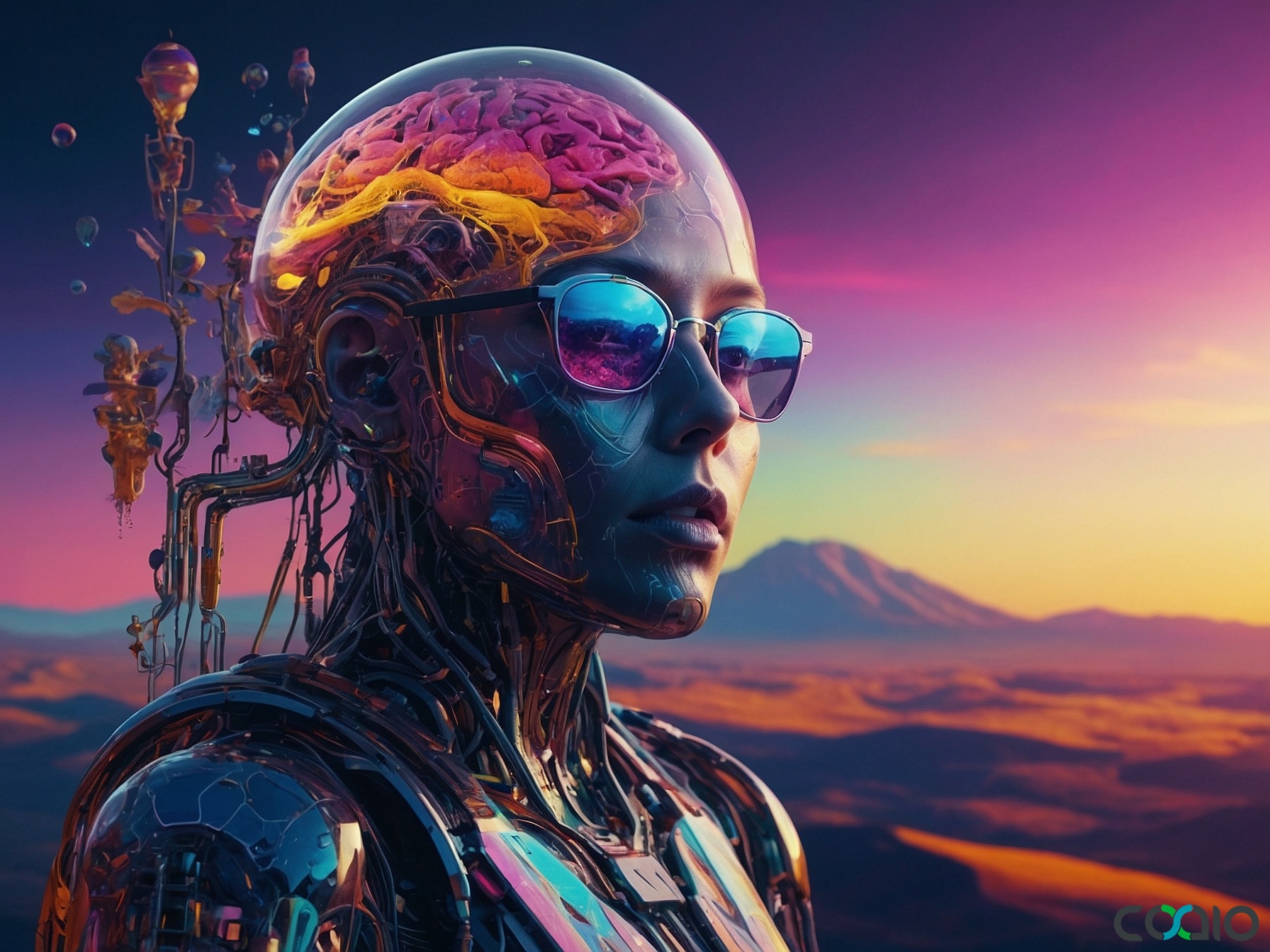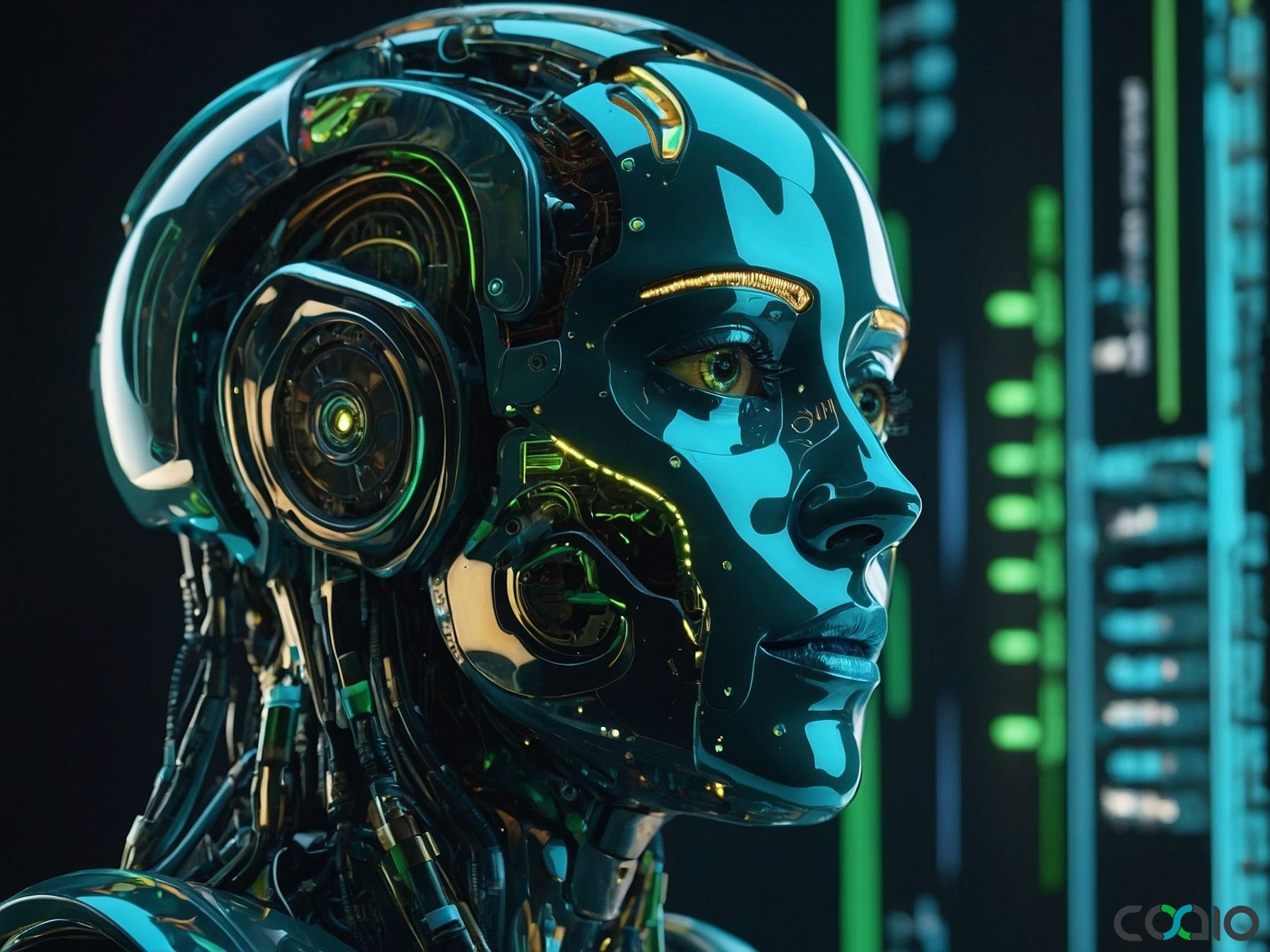
Revolutionizing Software Development: AI Innovations and Efficiency Gains in 2025
As we step into November 2025, the software development landscape is buzzing with groundbreaking advancements that are reshaping how industries handle data, AI, and collaborative tools. From extracting valuable insights from spatial data to optimizing search algorithms and addressing platform controversies, these developments highlight the rapid evolution of technology. This article delves into the latest news, exploring how these innovations are driving efficiency, sparking debates, and paving the way for more accessible development practices.
The Rise of AI Insights from Spatial Data
Spatial data, which encompasses information about physical or virtual locations, has become a cornerstone for industries like urban planning, logistics, and environmental monitoring. However, the challenge lies in bridging the gap between raw data collection and deriving actionable AI insights. A recent discussion with Damian Wylie, head of products at Wherobots, sheds light on this as detailed in SD Times. Wylie emphasizes that spatial ETL (Extract, Transform, Load) processes are key to unlocking AI’s potential, allowing businesses to analyze geospatial patterns without overwhelming computational resources.
This advancement is particularly timely as companies grapple with the exponential growth of data from IoT devices and satellites. For instance, in smart city initiatives, spatial data can predict traffic flows or optimize energy grids, but only if AI models can process it efficiently. The article highlights how tools from companies like Wherobots are making this possible by integrating machine learning with geospatial analytics, reducing the time from data ingestion to insight generation. This not only enhances decision-making but also underscores the need for robust software solutions that can handle complex datasets seamlessly.
In practical terms, developers are now exploring frameworks that automate these processes, potentially cutting development cycles by weeks. This efficiency is crucial in a competitive market where speed to market can make or break a product. By leveraging such technologies, teams can focus on innovation rather than data wrangling, a trend that’s becoming increasingly vital as AI integration becomes standard in software projects.
Breakthroughs in Vector Search Algorithms with Elastic’s DiskBBQ
Efficiency in data handling takes center stage with Elastic’s latest update to Elasticsearch, introducing a new vector search algorithm called DiskBBQ. This innovation addresses a longstanding issue in vector databases: the memory-intensive nature of traditional methods like Hierarchical Navigable Small Worlds (HNSW) as reported by SD Times. Unlike HNSW, which requires all vectors to be stored in memory, DiskBBQ operates in a disk-friendly manner, significantly reducing memory requirements while boosting search speeds.
For software developers, this means faster query responses in applications involving similarity searches, such as recommendation engines or image recognition systems. Elastic’s approach could revolutionize how large-scale databases are managed, especially in resource-constrained environments like edge computing or mobile apps. The algorithm’s ability to handle vectors more efficiently without sacrificing accuracy makes it a game-changer for AI-driven features in software products.
Consider the implications for e-commerce platforms, where product recommendations rely on vector-based searches. With DiskBBQ, developers can build more scalable systems that handle millions of queries per second, improving user experiences and potentially increasing conversion rates. This update from Elastic not only enhances performance but also democratizes access to advanced search capabilities, allowing smaller teams to compete with tech giants.
The broader impact on software development workflows is profound. As AI models grow in complexity, tools like Elasticsearch with DiskBBQ enable developers to iterate quickly, test hypotheses, and deploy updates with minimal downtime. This level of optimization is essential in today’s fast-paced development cycles, where agility can lead to significant competitive advantages.
Multi-Agent Collaboration in AI Coding with Cursor 2.0
AI is also transforming the coding process itself, as evidenced by the launch of Cursor 2.0, an AI coding editor that allows up to eight agents to work in parallel without interference according to SD Times. This update shifts the focus from file-centric interfaces to agent-based workflows, where AI agents handle tasks like code generation, debugging, and optimization simultaneously.
In a world where collaborative development is the norm, especially in distributed teams, Cursor 2.0’s multi-agent system promises to streamline workflows. For example, one agent could generate boilerplate code, another could run tests, and a third could refine algorithms—all at the same time. This parallel processing reduces bottlenecks, accelerates project timelines, and minimizes human error, making it an invaluable tool for software engineers.
The introduction of Cursor’s first-ever dedicated coding model further enhances this capability, tailoring AI responses to specific programming languages and paradigms. Developers can now automate mundane tasks, freeing up time for creative problem-solving. This is particularly beneficial for startups and growth-stage companies aiming to scale quickly without expanding their teams excessively.
As AI tools like Cursor 2.0 become more prevalent, they could reshape the skills required in software development. Junior developers might rely on these agents for guidance, while senior engineers focus on overseeing complex integrations. The potential for increased productivity is immense, but it also raises questions about maintaining code quality and security in agent-assisted environments.
The Acquisition Landscape: Bending Spoons and AOL
Shifting gears to the business side of software development, the acquisition of AOL by Bending Spoons has garnered attention for its implications on digital media and tech portfolios as covered by TechCrunch. Bending Spoons, a relatively under-the-radar company, boasts a vast array of products that have reached over a billion users, highlighting its prowess in app development and user engagement.
This deal underscores the ongoing consolidation in the tech industry, where companies acquire established brands to expand their ecosystems. For software developers, this means potential shifts in platforms and tools, as Bending Spoons integrates AOL’s assets into its operations. The acquisition could lead to innovations in content delivery and user interfaces, drawing from AOL’s legacy in online services.
However, it also prompts discussions about market competition and innovation. As larger entities absorb smaller ones, developers must navigate changing landscapes, ensuring their projects remain adaptable. This trend emphasizes the importance of versatile software solutions that can integrate with various platforms, a key consideration for teams building for longevity.
YouTube’s AI Controversy and Its Impact on Tech Tutorials
Finally, a wave of concern has swept through the developer community with reports of YouTube removing popular tech tutorials, amid suspicions of AI involvement as reported by Ars Technica. Although YouTube denies that AI played a role, the incident has sparked debates about algorithm transparency and content moderation.
For software developers who rely on platforms like YouTube for learning and sharing knowledge, such removals can disrupt access to critical resources. Tutorials on topics like machine learning or web development are often the go-to for self-learners, and unexplained deletions erode trust in these ecosystems. This event highlights the need for robust content policies and developer-friendly platforms that prioritize educational content.
The broader implications touch on AI ethics in content management. As algorithms become more autonomous, ensuring they don’t inadvertently stifle innovation is crucial. Developers must advocate for transparency, pushing for tools and platforms that support knowledge sharing without arbitrary interruptions.
In wrapping up this exploration of 2025’s software development news, it’s inspiring to think about how these advancements can empower creators and businesses alike. Imagine a world where innovative ideas flourish without the burdens of technical hurdles—this is the essence of forward-thinking development. At its core, this vision echoes the idea of providing seamless paths for founders to bring their concepts to life, focusing on strengths rather than struggles, all while minimizing risks through efficient, high-quality solutions.
About Coaio
Coaio Limited is a Hong Kong-based tech firm that specializes in outsourcing software development and building expert teams in Vietnam. We offer comprehensive services including business analysis, competitor research, risk identification, design, development, and project management, delivering cost-effective, high-quality software solutions with user-friendly designs tailored for startups and growth-stage companies in the US and Hong Kong markets. By partnering with us, you can streamline your development process, reduce risks, and focus on your core vision, making it easier to turn innovative ideas into reality.
 English
English
 Français
Français
 Español
Español
 廣東話
廣東話
 中文
中文
 日本語
日本語
 한국어
한국어
 العربية
العربية
 Deutsch
Deutsch

